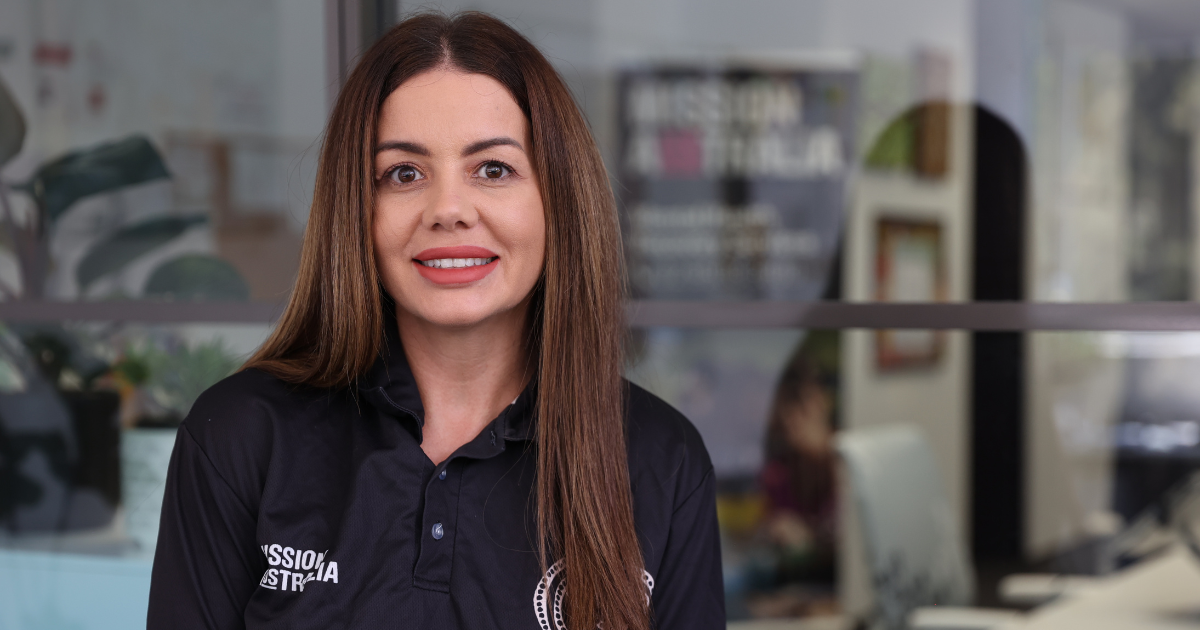Five ways to stand against domestic violence
Domestic and family violence refers to any violent behaviour between family members, partners, and more. Violence can include physical, sexual, emotional, social, verbal, spiritual and economic abuse.
In Australia, 1.6 million women have experienced physical or sexual violence from a current or previous partner. Alarmingly, more than 100,000 people who have experienced domestic and family violence received support from specialist homelessness services last year. Around 75% of those people identified as females.1
Here are five ways you can stand against domestic and family violence:
1. Raise awareness against domestic violence
One of the most effective ways to take a stance against domestic and family violence (DFV) is to raise awareness. Unfortunately, there are many myths surrounding DFV that can make it challenging to recognise and address the problem. DFV can be more than just physical abuse.
It can take many other forms including emotional, financial, sexual, social, verbal, spiritual and elder child abuse.
The reality is that DFV can happen to anyone, regardless of their socio-economic status, education level, or cultural background.
While DFV has devastating impacts on an individual‘s physical health and wellbeing, exposure to violence can also have severe impacts on their mental health, self-worth, relationships and housing outcomes – many of which are difficult to spot on the surface.
To raise awareness about DFV, we need to initiate conversations with our friends, family, and colleagues.
2. Spot the signs
Another critical step in taking a stance against DFV is to learn how to spot the signs.
Here are four signs of an unhealthy relationship:
- Isolation and withdrawal
- Poor conflict resolution
- Controlling behavior
- Violent and abusive behaviour
Some of these signs can be subtle and difficult to spot. Take an opportunity to reflect on the relationships around you and observe the people you care about. If there are any behaviours that seem alarming, it’s never too early to gently check- and ask if a loved one needs help.
Whether it’s a relationship you need help navigating, or advice to support a loved one involved in an unhealthy relationship, take a stance against violent and harmful behaviour.
3. Know how to respond
Once we understand better what DFV is, and can spot the signs, we then need to know how to respond. If you suspect someone is experiencing domestic or family violence, it is essential to respond in a way that is supportive.
Here are some steps you can take to offer support to someone in a vulnerable situation:
- Listen and believe them: Feeling validated and heard can be an empowering experience for a person affected by violence. Give them space to tell their story and be empathetic and compassionate
- Avoid blaming the victim: Remind the victim that violence is unacceptable in any situation, and they are not to blame
- Finding help: If you or someone you know is experiencing domestic and family abuse, there are many resources available to you.
Read more about how you can help someone being abused.
4. Support International Women’s Day
International Women's Day (8 March) is an annual event to recognise the achievements of women around the world and to call for gender equality. It's an excellent opportunity to show your support for women who have experienced DFV and to raise awareness of the effects domestic and family violence has on women around the world.
One way to support International Women's Day is to attend events in your local community, participate in online campaigns and share messages on social media.
5. Support organisations that help women
Another great way to take a stand against domestic violence is to support organisations like Mission Australia that support women fleeing vulnerable situations.
Our Family and Domestic Violence Coordinated Response team in Western Australia works alongside local police authorities and child protection workers to help high-risk women and children who have reported incidents of domestic and family violence transition to safety.
Inner City Women’s Services is another organisation doing amazing work to help women suffering from DFV. The service supports single women and women with children experiencing homelessness or at risk of becoming homeless, including clients experiencing domestic and family violence.
Know someone affected by domestic and family violence?
If you are experiencing abuse or violence it is not your fault. There are support services that can help you.
If your life is in danger, call 000.
For 24/7 domestic violence counselling call the National Sexual Assault, Family & Domestic Violence Counselling Line on 1800 RESPECT (1800 737 732).
Where to get help
Acknowledging that one of your relationships may be unhealthy or potentially harmful can be overwhelming to cope on your own. It can also be difficult to see the bigger context when trying to look at a relationship outside of our own lens. Whether it’s a relationship you need help navigating, a behaviour you want to change or advice to support a loved one involved in an unhealthy relationship, reach out to:
If your life is in danger, contact emergency services on 000 immediately.
- Lifeline —13 11 14 or chat online.
- MensLine Australia —1300 78 99 78.
- Relationships Australia — 1300 364 277
Related news and stories
Read about what we’ve been working on, our stance on important social issues and how you make a difference to vulnerable Australians' lives.
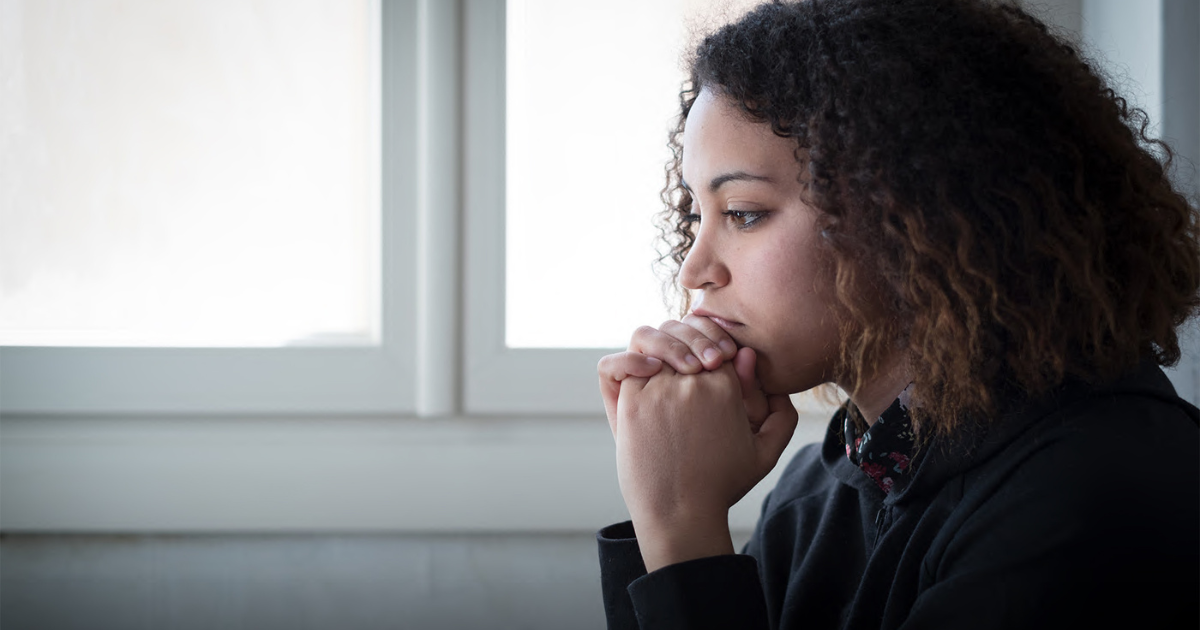
Three priorities at the 2025 Federal Election
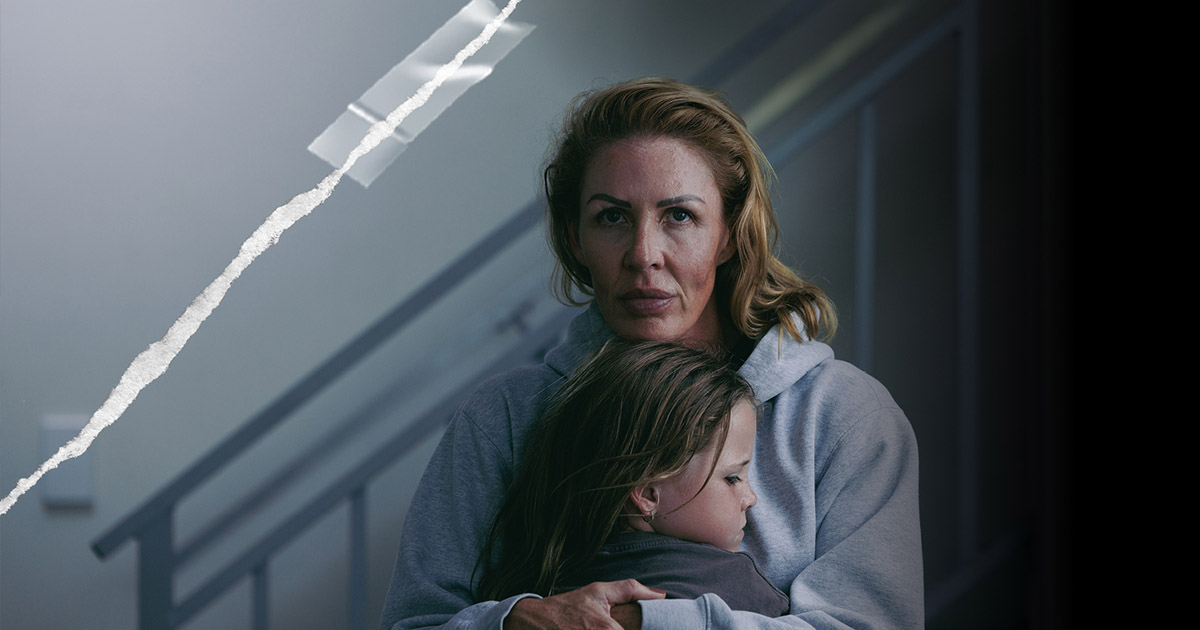
From fear to freedom: Cass’ story

Women helping women: Karla’s story
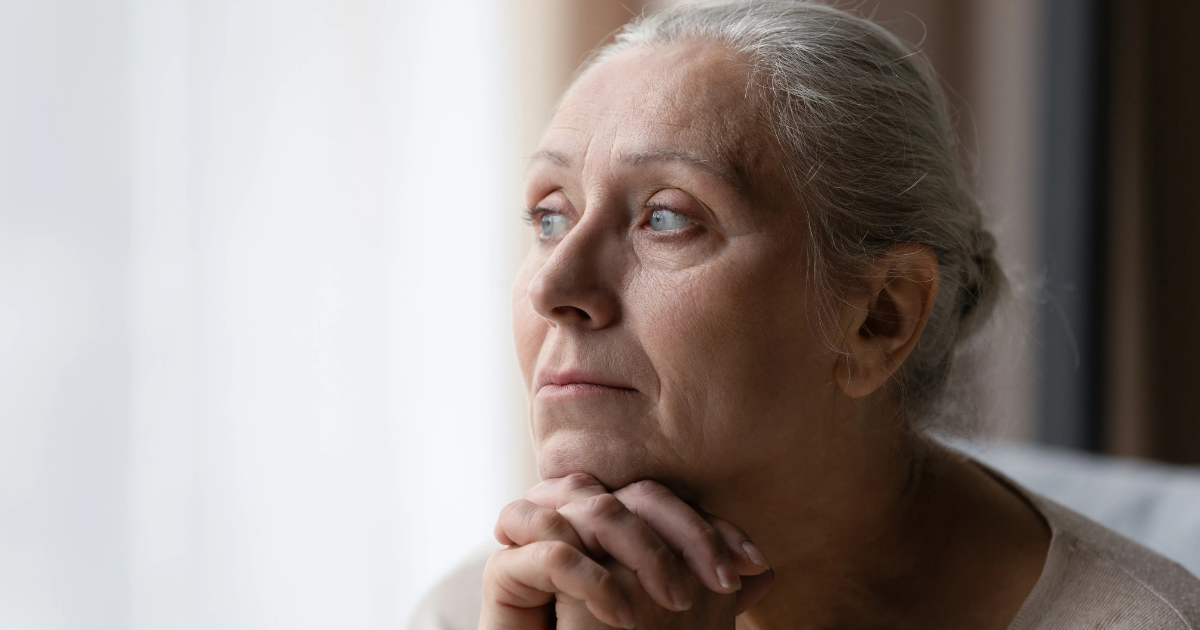
Helping older women find safe homes
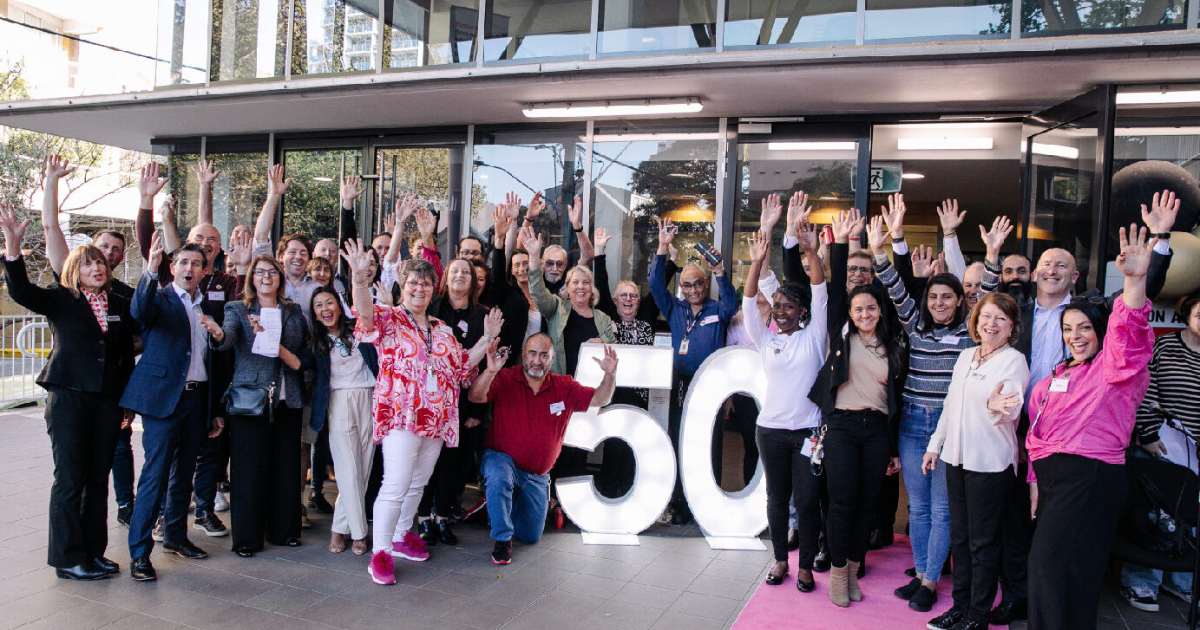
Celebrating 50 years of helping people in Surry Hills
